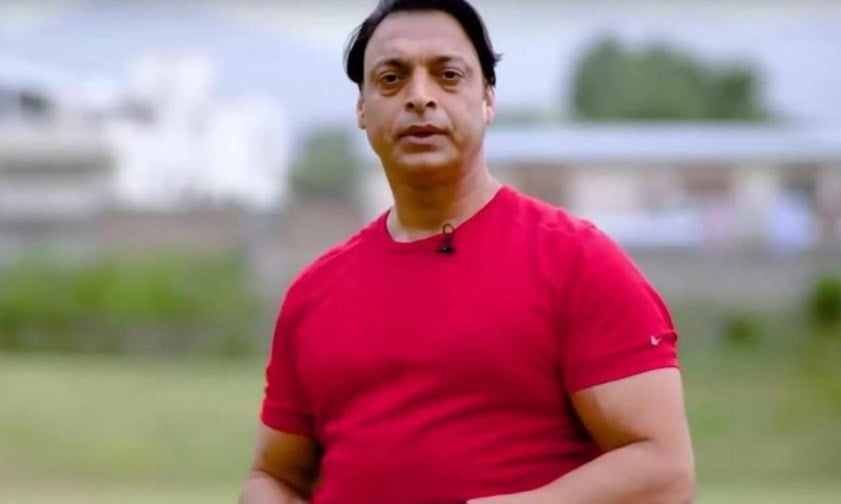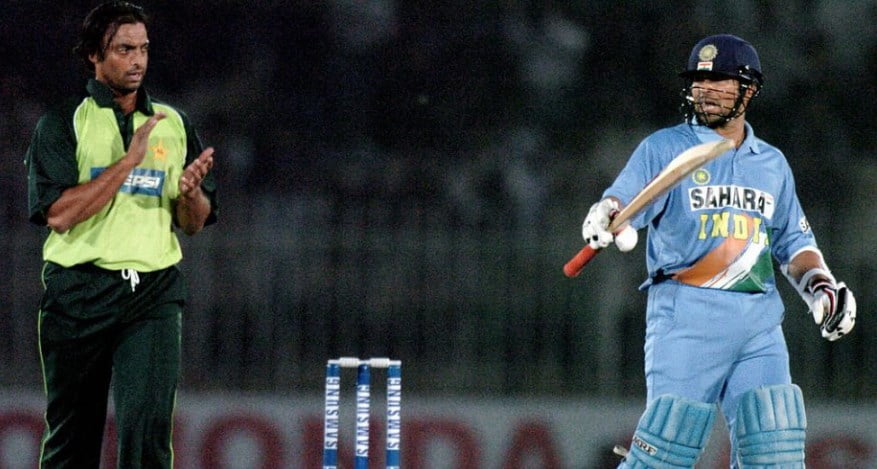The cricketing world has undergone a whirlwind transformation in recent years, with the rapid proliferation of T20 franchise leagues reshaping player schedules and raising both excitement and concerns. The Indian Premier League (IPL) ignited the spark in 2008, and soon, countries like Australia (Big Bash League), Pakistan (Super League), and the Caribbean (Premier League) embraced the T20 craze.

South Africa’s SA20 and the UAE’s International League T20 (ILT20) are the latest entrants, further expanding the already bustling landscape. The ILT20’s meteoric rise is particularly noteworthy, drawing players away from established leagues like the BBL in pursuit of lucrative opportunities. While these financial windfalls for players and boards are undeniable, the sheer number of leagues is sparking anxieties about player availability for international commitments.
Cricket South Africa faced this dilemma firsthand, forced to field a second-string squad against New Zealand due to player commitments in the SA20. Shoaib Akhtar, the ILT20’s brand ambassador, acknowledges the inevitable rise of these leagues, driven by financial power and spectator demand.
ALSO READ: Rohit Sharma Shifts Focus To Red-Ball Cricket In Preparation For England Test Series
“We have to see the priorities…Players must plan their year with national duties and league schedules in mind. Managing careers is tough with so much T20 cricket, but this is the way forward for broadcasters and audiences who increasingly seek the shorter format,” Shoaib Akhtar stated.
He humorously admits his struggle to adapt to the modern, hectic cricketing calendar, contrasting it with his own career of fewer matches and longer spells, culminating in his legendary speed and record-breaking 161kph delivery. Would he have maintained such pace in today’s demanding environment?

“Pace is a gift. You do what you’re asked to. I had a responsibility to showcase my talent, and I did. Even if I wanted to slow down, my nature wouldn’t let me. I’d have bowled faster, maybe sending batters to hospitals instead of taking wickets,” Shoaib Akhtar quipped with characteristic flair.
Akhtar’s fierce rivalry with Sachin Tendulkar, arguably the greatest batsman ever, brings the conversation to the evolution of batting. Facing greats like Akhtar, Wasim Akram, and Waqar Younis, Tendulkar carved his legendary career with over 100 international centuries. Akhtar believes Tendulkar’s numbers would be even more staggering in today’s game.
ALSO READ: Sunil Gavaskar Backs England’s ‘Bazball’ Approach In India: Can Aggression Conquer Spin?
“Sachin played with one ball, faced reverse swing, and some of the world’s best fast bowlers. He’d easily score 130,000 runs in today’s scenario. He’s the greatest. Same for Ponting, Inzamam, Lara… Virat would be competitive, but his numbers might be similar. He’s the best of this era, but comparing eras is difficult,” Shoiab Akhtar declared.
The T20 boom presents a complex scenario for cricket. While it brings financial rewards and fan engagement, it also challenges player workloads and international commitments. Balancing these demands will be crucial as cricket navigates this exciting yet demanding new landscape. Will it lead to further format innovations, or will player management become the key to success? Only time will tell how the cricketing world adapts to the T20 frenzy.
